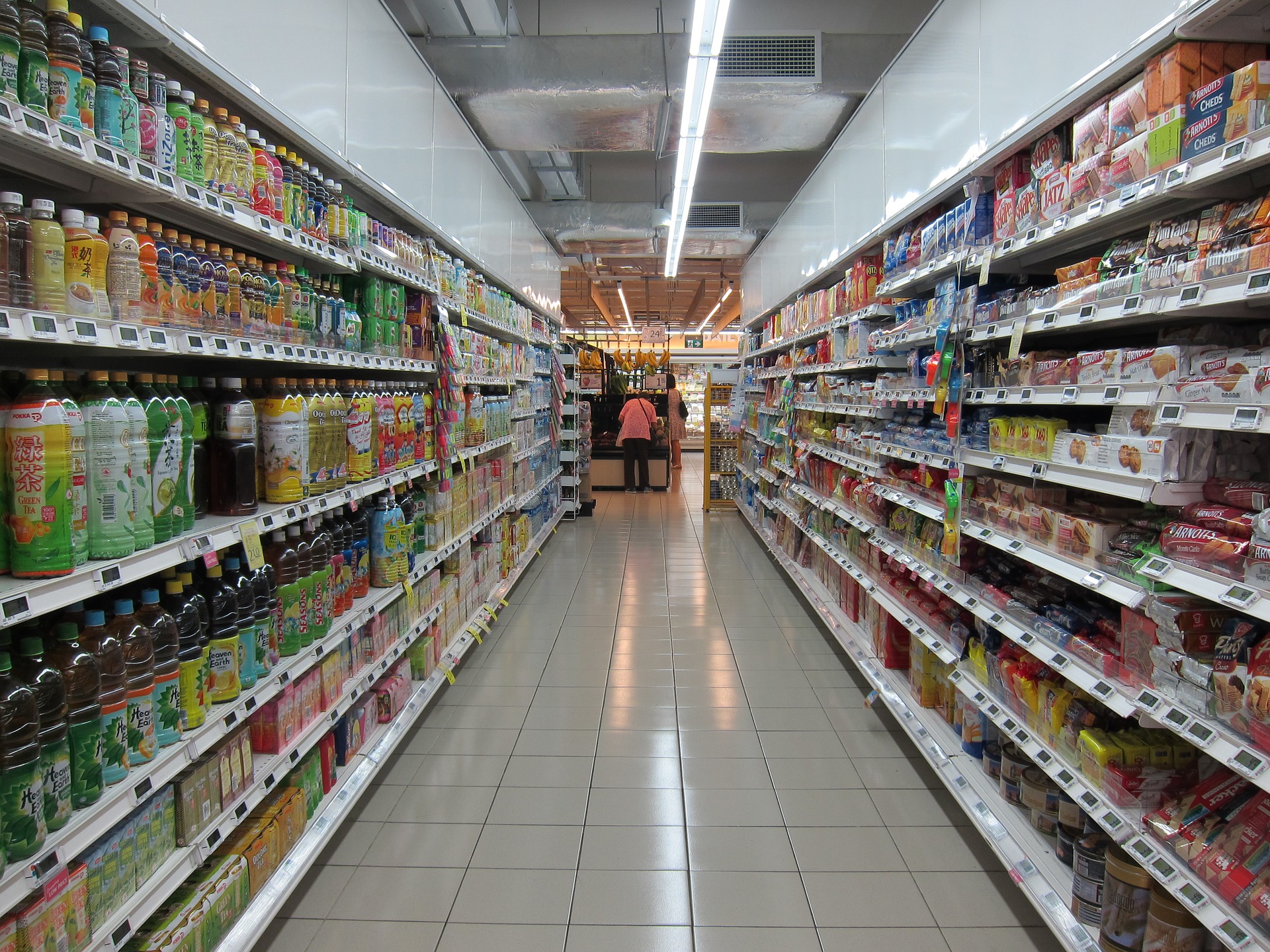
Hungary’s National Food Safety Authority examined various products in Austria, Germany, and Hungary for years in order to determine any differences in the quality of the food. More than a quarter of products showed significant differences.
A survey made in 2017 found that international food companies supply different quality products to Western Europe than to central and Eastern European countries. After this, the Hungarian government decided to examine the issue of inferior quality products sold by multinationals in Hungary from the point of consumer protection and food safety.
Related article
Tests Prove Quality Differences in Food Products in EU but No Regional Pattern Found
There is no evidence of an East-West divide in the quality of food products, as a recently conducted test campaign by the European Commission did not find any geographical pattern in the use of the same packaging for products with different compositions, MTI reports. However, state secretary for food chain supervision, Róbert Zsigó, said that the […]Continue reading
Three years of research by the National Food Chain Safety Office (Nébih) recently concluded. Its main objective was to investigate the dual-quality of foods and to collect information related to the phenomenon.
The research included the examination of hundreds of samples from shops in three countries: Austria, Hungary, and Germany- covering more than 100 different products. Around 20 percent of the products were the retail chains’ own products sold under the same name in all three countries.
The agency found that there are indeed differences in food quality between the EU member states, with significant ones confirmed in 25.6 percent of the examined products.
The differences in quality can be attributed to the following factors:
- Different national regulations
- Use of local ingredients
- Different production environments
Private label products form a special category, which is characterized by the fact that they are manufactured in accordance with the demands of a given country.
The Nébih points out that the main question for the future is which differences may be legal or necessary, and how to properly inform consumers about them.
During the series of investigations, Nébih experts worked closely with manufacturers and the trade associations to examine the findings and the reasons in a complex and multi-faceted way.
Featured photo illustration via pixabay.com

